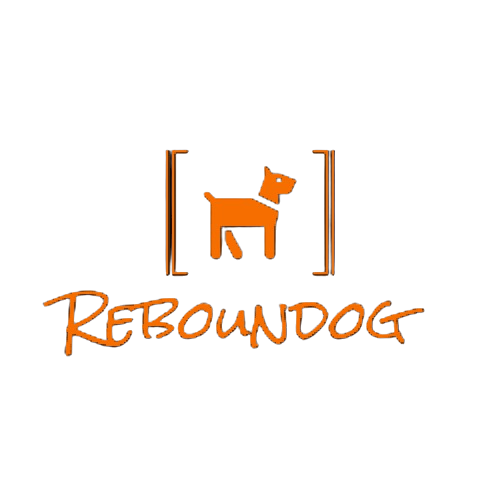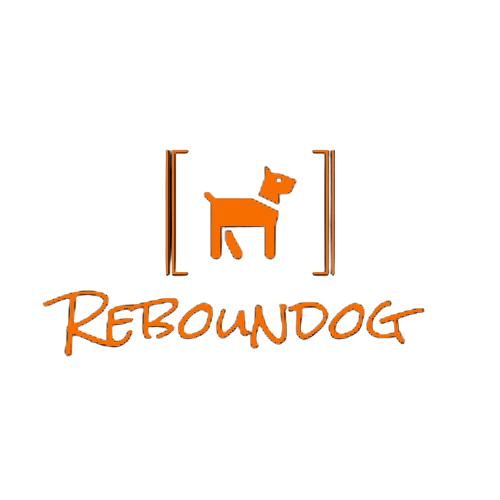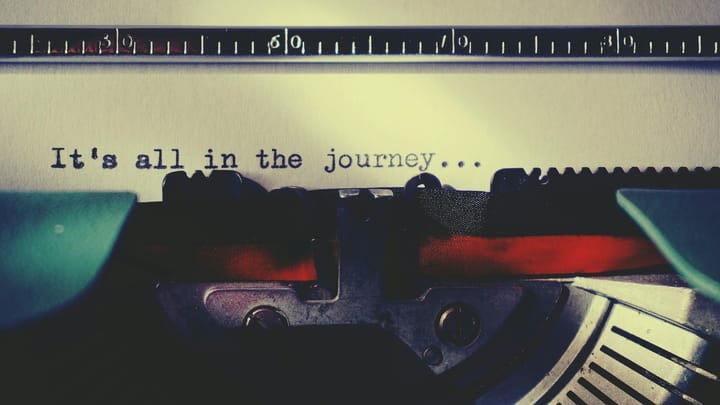Is our language perpetuating the wicked problem?

Recently, which researching Cambridge Centre for Social Innovation I came across an article: A look at marginalised communities: what Cambridge Judge research and initiatives can teach us - Changing the meaning of disability
Another recent study co-authored by Professor Shahzad (Shaz) Ansari re-examines society’s approach to the subject of ‘disability’, suggesting that even the word itself feeds unconscious marginalisation by suggesting an abnormality.
This study, also set in Germany and published in the Academy of Management Journal, calls for a collaborative process that encourages people with impairments to become ‘internal activists’ and thus awaken others to question a status quo that was previously accepted without much thought.
So does the word 'rescue' as in dog rescue itself feed our unconscious negativity & despair?

I propose that it is time to re-examine society's approach to the subject of rescue. Whilst as a noun means the act of helping someone out of a dangerous or unpleasant situation & as an adjective can mean a rescue animal is one that has been taken from a situation where it was not cared for or was treated badly and has been given a home.
Are we approaching this wicked societal problem from the 'wrong side of the mirror', (Dr Dän Lee Dimke), as society has done for 200 years? Throughout which time we have always approached dog rescues from a mopping up after the occurrence perspective, dependent on the uncertainties of goodwill, volunteers & donations rather than considering the wider problems behind the problem approach.
What if to we to quote the study above 'called for a collaborative process that encourages people with impairments to become ‘internal activists’ Are we currently directing our wasted resources into "mopping up" rather than innovative educational solutions directly including marginalised people as not only 'internal activists' but as creator designers?
Will we then 'awaken others to question a status quo that was previously accepted without much thought'?
To use Geoff Mulgan's book title; Another World Is Possible, How to Reignite Social and Political Imagination, will you join us in creating a new social imagination? A new social imagination built on partnerships, minimum education & predictable demand for rescue dogs.





Comments ()